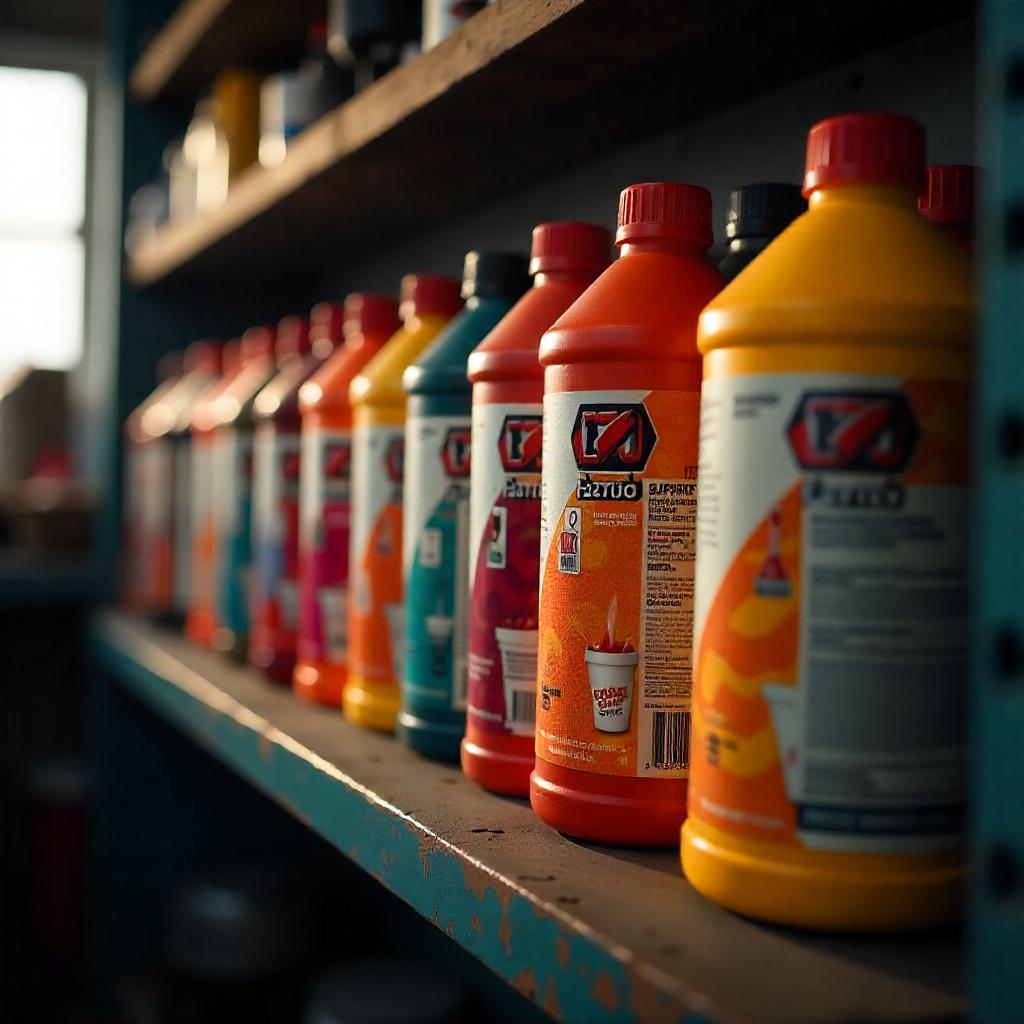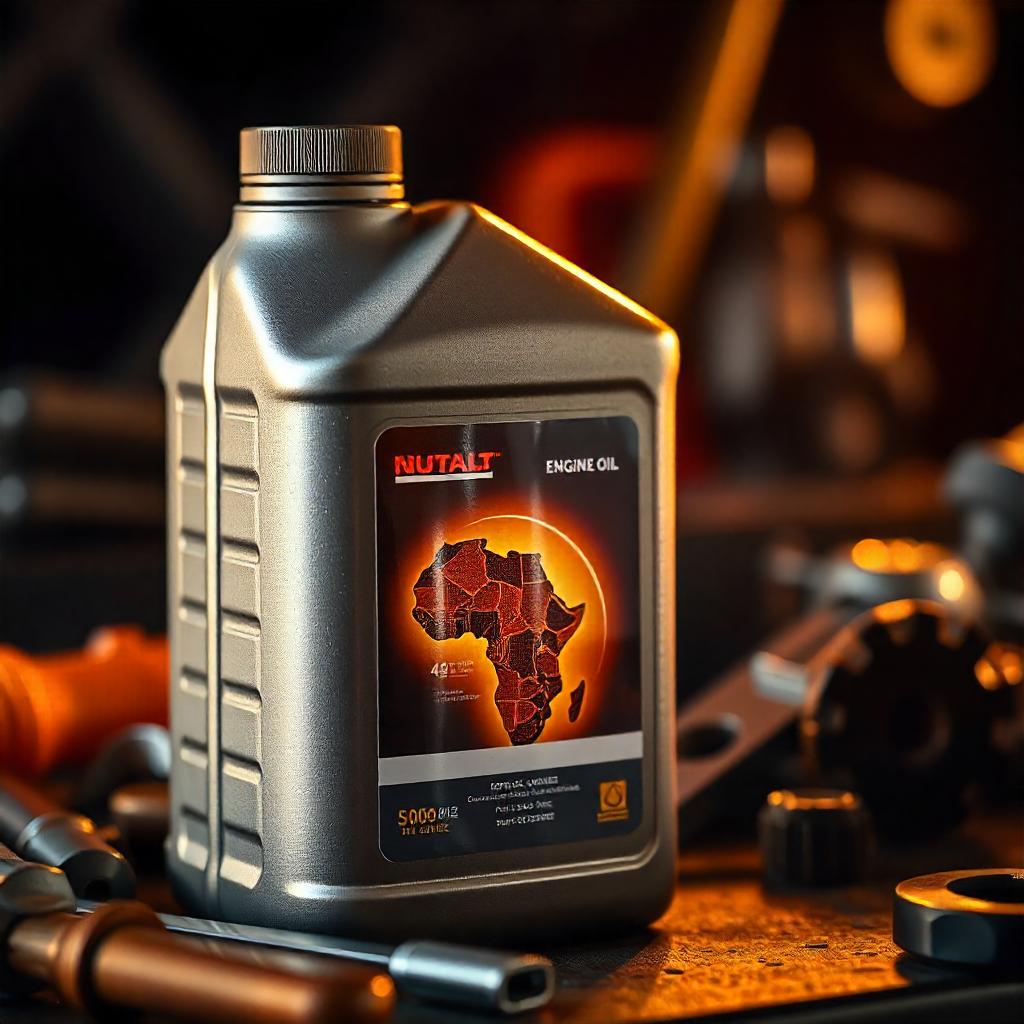Choosing the appropriate lubricant and engine oil is essential for ensuring the longevity and efficiency of your vehicle. These components play a vital role in reducing friction, preventing wear, and enhancing the overall performance of the engine.
Engine oil acts as the lifeblood of the vehicle’s engine. It minimizes metal-to-metal contact within the engine’s moving parts, significantly reducing friction and wear. By selecting the right oil viscosity and type, you ensure that the oil flows smoothly through the engine’s components, even under extreme temperatures. Synthetic oils, for example, are engineered to provide superior performance in both high and low-temperature conditions compared to conventional oils.
Lubricants contribute to maintaining the engine’s cleanliness by preventing the accumulation of sludge and deposits. Advanced engine oils are infused with detergent additives that help dissolve contaminants and keep internal engine parts free from dirt. This ensures that the engine runs smoothly and efficiently, preventing potential blockages that could compromise its performance.
The correct oil and lubricant choice also play a role in fuel efficiency. High-quality synthetic oils often have better flow properties and lower resistance, which means the engine doesn’t have to work as hard to pump oil. This translates to improved fuel economy and reduced emissions, which are both environmentally and economically beneficial.
Different engines require specific types of lubricants and oils based on their design and performance requirements. For instance, high-performance vehicles often demand synthetic oils with specific viscosity grades to handle extreme operating conditions. On the other hand, standard passenger vehicles may function efficiently with conventional or semi-synthetic oils. Always consult the manufacturer’s recommendations to identify the appropriate lubricant for your vehicle.
Temperature fluctuations and driving conditions also influence the type of oil you should use. In cold climates, oils with lower viscosity grades ensure easy engine startup and effective lubrication during the initial moments of operation. In contrast, high-viscosity oils provide better protection in hot weather, preventing the oil from thinning out under heat.
Choosing the right lubricant and engine oil extends beyond the engine. Transmission systems, brake mechanisms, and other components also require specialized lubricants to function optimally. Using the correct products in these areas reduces mechanical stress and prolongs the life of the vehicle’s systems.
Regularly changing the oil and replacing it with the recommended type ensures consistent performance. Neglecting oil changes or using incorrect lubricants can lead to engine overheating, reduced efficiency, and potentially costly repairs. Following a proper maintenance schedule keeps the engine in peak condition.
Additives present in modern engine oils enhance their effectiveness. Anti-wear agents, rust inhibitors, and friction modifiers are among the components that improve lubrication, protect against corrosion, and optimize the engine’s performance. Understanding these additives and their roles helps in selecting an oil that meets the specific needs of your vehicle.
Using subpar or incompatible oils and lubricants can lead to detrimental effects on engine performance. Low-quality products often fail to provide adequate protection against friction and wear, increasing the risk of engine damage over time. Testing and certification from organizations such as API (American Petroleum Institute) and ACEA (European Automobile Manufacturers Association) ensure that the chosen lubricant meets industry standards.









